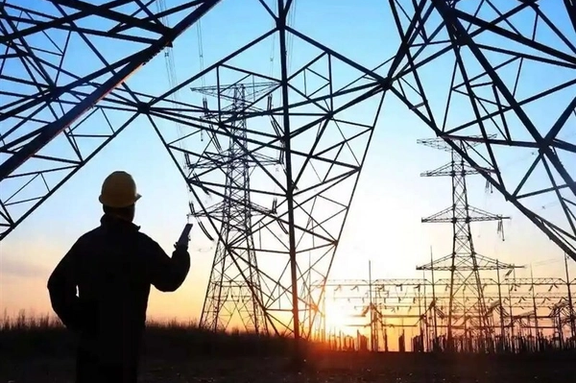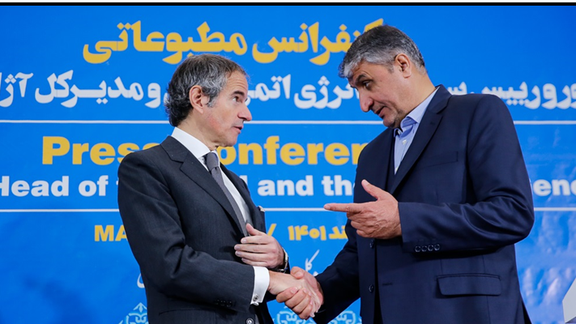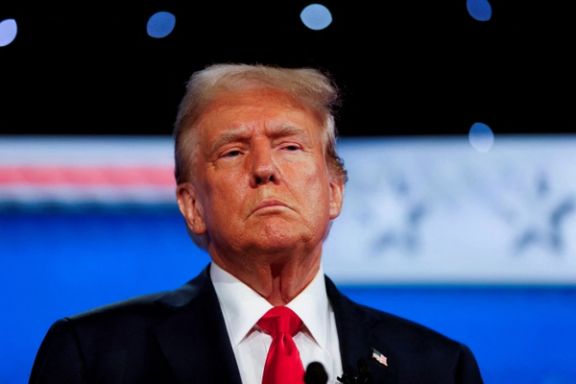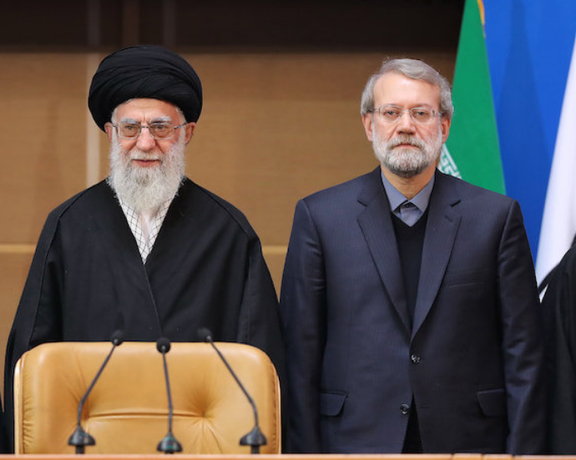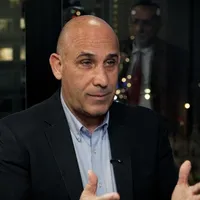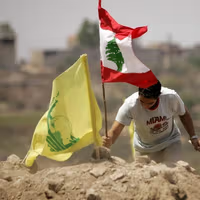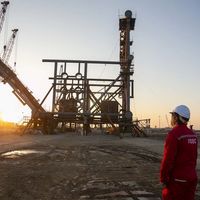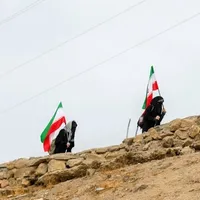Iranian medical and government officials have repeatedly warned in the past few years about the inevitable deterioration of the healthcare system and its possible collapse if the same trends continue.
Mohammad Raiszadeh, the head of the Medical Council of the Islamic Republic of Iran (IRIMC), the non-governmental licensing and regulatory body for the medical profession, said at a conference Thursday that forty percent of general practitioners have left the profession.
IRIMC is a non-governmental licensing and regulatory body and a recognized trade union for Iranian medical doctors with nearly 300,000 registered members.
Raiszadeh said young physicians no longer show interest in continuing their education to specialize and many are emigrating.
Only 100 have applied for the 385 available residency positions, he said, adding that there is no interest in some residency positions, such as anesthetics, for which no one applied. He warned that there is already a highly critical shortage of anesthesiologists.
A parliamentary report last year said the number of general practitioners in Iran has dropped to 13 per 10,000. This puts Iran behind most regional countries including Saudi Arabia, Azerbaijan, the United Arab Emirates, Turkey, Turkmenistan, and Oman but ahead of others including Iraq, Pakistan, Bahrain, and Afghanistan.
The head of the Medical Council also pointed out at the conference that teaching at medical universities has also lost its attraction and 850 faculty members left their academic positions in the Iranian calendar year that ended in March 2024.
Iranian media and medical officials have also repeatedly warned about the exodus of medical professionals and healthcare workers in the past few years and said the country may be forced to import doctors soon.
Government officials refuse to acknowledge the problem and have never offered concrete figures on the number of doctors, midwives, and nurses who have left the country for better jobs in neighboring countries including the United Arab Emirates and Oman, as well as elsewhere in the world.
Raiszadeh attributed the declining appeal of the medical profession to the slow pace of increases in doctors' fees. He noted that, compared to the salaries of civil servants and wages of workers, doctors' incomes have seen minimal growth in recent years. Meanwhile, because of a persistent high rate of inflation, surpassing 40%, nominal incomes have lost most of their purchasing power since 2019.
Many, however, believe medical professionals choose to leave not only in search of better income but also want to escape instability and the social and political restrictions that affect them like other Iranians.
The Iranian government highly regulates medical fees and annually announces chargeable rates for private general practitioners, specialists, and dentists.
In early April, for instance, general practitioners’ and specialists’ fees were set at 1.26 ($20) and 1.89 million rials ($30) for the next twelve months.
The purchasing power of the fees may drop even further due to the recent state of conflict with Israel and the possibility of tougher sanctions by the incoming US administration before an increase is allowed again in April.
Since August, nurses in dozens of cities across Iran have been staging ongoing protests against harsh working conditions and the government’s failure to pay wages consistently.
Ahmad Nejatian, head of the Nurses Council of the Islamic Republic—a non-governmental body overseeing nursing regulation and licensing—stated Thursday that Iran’s healthcare system faces a severe crisis with a shortage of 100,000 nurses. He urged the government to raise nurses' wages to retain talent and reduce emigration.
Nejatian reported that 1,900 nurses have recently applied to the Council for certificates required by other countries to validate their professional credentials.
“We don’t have exact numbers on nurse emigration, but we know that it has increased significantly,” he added.


